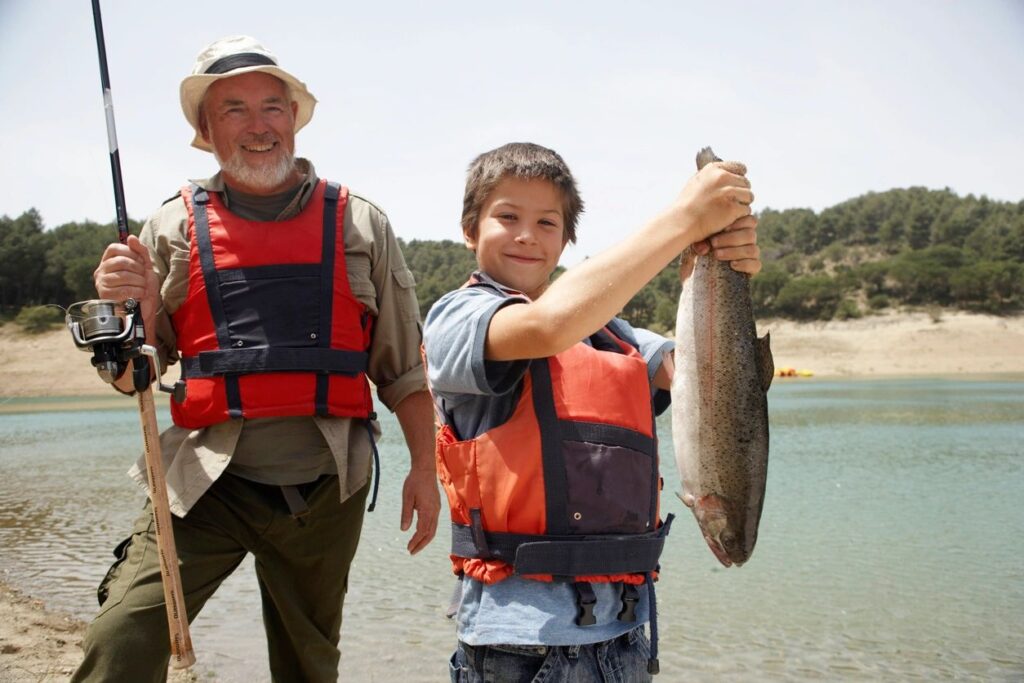
Submitted by Ginny V
You shouldn’t trust everything or everyone on the internet! Now, when reading this, you may be thinking: “Well, of course, I shouldn’t trust everyone on the internet!” You’re right, but it isn’t always that easy. That’s why over 24,000 people (about the seating capacity of Madison Square Garden) got catfished and believed all kinds of misinformation.
Catfishers
So, let’s talk about catfishers on dating apps like Tinder or Plenty of Fish. You probably know about them. How a handsome 17-year-old boy is a fat 39-year-old man living in his mom’s basement.
On these apps, it can be hard to tell if someone is a catfish. If you’re desperate for a partner, you won’t notice that the person on the other side is different from who they say they are.
Be suspicious. If you get a message on this app from this man that seems too good to be true, it might be.
How to tell if you’re getting catfished? Look at the profile picture. Some people may take a picture of someone at their school and use that as their profile picture.
Ask the person to facetime or send you a selfie of them doing something regular people wouldn’t do in pictures, such as putting their pinky finger on their forehead. This idea is from a video that YouTuber GradeAUnderA made. There is “R” rated content btw….
Now you should do the former since some people would say no if asked to put their pinky on their forehead even if they’re not a catfish, but you can try.
Suppose the person keeps saying no to facetime or sending the pinkie selfie. In that case, they may think they’re too ugly, think it’s weird to take a selfie of themselves putting their finger on their forehead, or may just be a catfish. Especially if they keep saying no to facetime even though they have the time and stuff.



